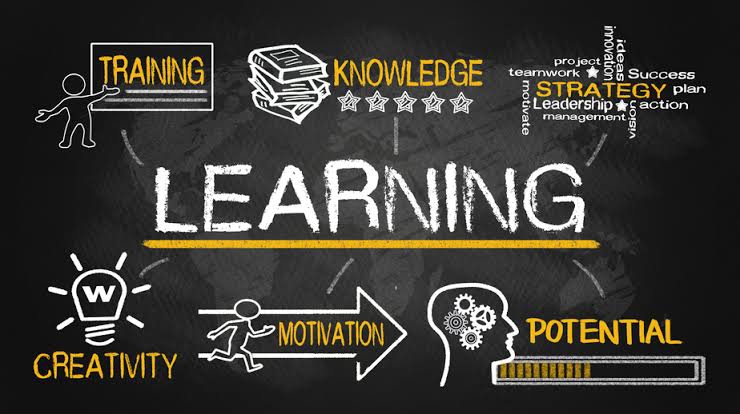
Digital skills are often touted as the answer to many of the employment and innovation challenges we face in the world today. But what do we mean when we talk about the digital skills that will future proof a career? Should we all be learning to code and analyse data?
The answer is far more nuanced than a simple yes or no, as it requires a more strategic look at the value of the skills rather than ability to master a particular competency.
There’s a tendency to talk about digital skills as things we don’t already have, as if they exist out there as the silver bullet that will help us embrace the challenges and complexities of the Fourth Industrial Revolution (4IR). The World Economic Forum describes 4IR as “a new chapter in human development, enabled by extraordinary technology advances…”
The definition goes on to state that “the real opportunity is to look beyond technology, and find ways to give the greatest number of people the ability to positively impact their families, organisations and communities.”
When digital skills are viewed in relation to this goal, the focus of the conversation changes and four key elements emerge as “roleplayers”, namely the Internet of Things (IoT), big data, web social and cognitive computing. While none of these factors, or the competencies surrounding them are new per se, the way we understand, value and apply them is becoming increasingly important.
Furthermore, understanding the connection between these things and how they relate to business and brand challenges will count among the skills that will separate the superior from the so-so in organisations, be that business, government or education.
At a practical level, the skills needed to comfortably straddle the world characterised by IoT, big data, web social and cognitive computing, include being customer centric. There are masses of content about the importance of the user experience and we need to keep viewing it as the core reason for developing whatever the output goals are. Without the user there is no business, there is no government, there is no school. All these skills ultimately serve to better design the products, services, systems and policies to serve people.
Similarly, data is tirelessly touted as the holy grail for challenges ranging from decision making to medical surveillance. But the ability to understand the value of data in relation to the user experience is where the real value lies. Understanding the user through data and translating that into a tangible solution that enhances the user experience is the real, transferable skill.
This is not to say that coding – the poster child for digital skills – is not important. The ability to code is what brings the user closer to the solution. This skill, though certainly not novel, will remain in demand because it is how we optimise experience design.
Perhaps more interestingly, certainly more crucially, the social skills needed to thrive in a 4IR economy deserve more focus and understanding. Typically referred to as “soft” skills, these are the skills that allow you to influence decision making and get stakeholders on board with a more customer-centric way of doing things, as one example. Anecdotally, boardroom folk don’t think about the customer or the user first – if you’re in a marketing space you’re brand centric and if you’re in the finance space you’re bottom line centric. Decisions are rarely taken with the end user in mind, and that needs to change.
These social, or interpersonal skills, are heavily influenced by the organisational culture in question. Environments in which innovation regularly occurs tend to be more receptive to change, while cultures that are heavily regulated tend to err on the safer side of things and invariably innovate far less. As such, the ability to influence and manage the turnaround of such staid models will be worth gold (or lots of bitcoin) in the near future.
Lastly, the ability to constantly learn, unlearn and relearn will be the skill we most value in a tech-enabled future. And it starts, simply, with a mindset that values the utility and importance of a fluid approach to learning.
SizweSihle Dlamini is customer experience director, Hoorah Digital.




